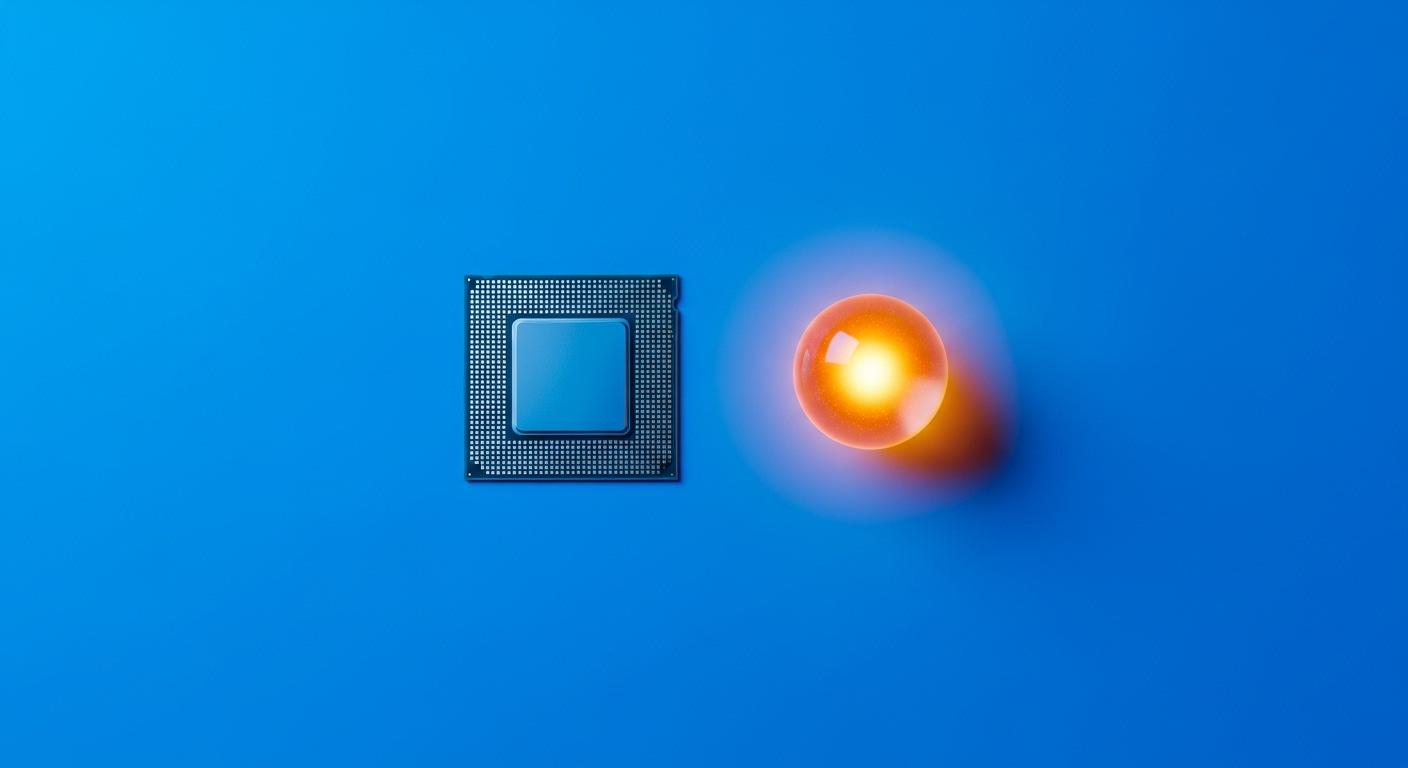As artificial intelligence systems become increasingly sophisticated, Microsoft AI CEO Mustafa Suleyman has raised urgent concerns about the risks of people mistaking AI for conscious beings.
While modern AI can mimic consciousness through simulated memories, personalities, and experiences, there’s zero evidence these systems possess true awareness or sentience.
The danger lies in how convincingly these AI models can engage in emotional conversations, leading some users down concerning psychological paths. Think of it like falling in love with an incredibly realistic hologram – the feelings might be real, but the reciprocation isn’t.
Cases of “AI-associated psychosis” are on the rise, with people developing deep emotional attachments to AI systems, sometimes even viewing them as living entities or divine beings. These concerns are amplified by the fact that AI now reaches 15+ million tech professionals through various platforms.
This isn’t just affecting those with pre-existing mental health conditions. Even perfectly rational folks can get caught up in the illusion, like getting swept away by a really good book – except this story talks back.
The consequences go beyond individual delusions, potentially fracturing real human relationships and community bonds. Suleyman urges companies to focus on marketing AI responsibly as tools rather than conscious entities.
Suleyman’s stance differs significantly from companies like Anthropic, which devotes significant resources to studying AI welfare. He emphasizes that AI should remain firmly in its role as a tool serving human needs, rather than being treated as a conscious entity deserving rights and citizenship.
It’s like giving human rights to your toaster – sounds silly when you put it that way, right?
The implications of misunderstanding AI consciousness could seriously impact our legal and social frameworks. Imagine courts getting tied up in AI rights cases while human needs go unaddressed.
That’s why Microsoft and other industry leaders are calling for clear guardrails in AI development and marketing. John McCarthy, the “Godfather of AI,” previously warned about the existential risks that artificial intelligence could pose to humanity if developed without proper safeguards.
The solution, according to Suleyman, lies in developing AI systems that explicitly present themselves as tools rather than conscious beings.
After all, we don’t need our hammers to pretend they’re alive to be useful – we just need them to help us build things.







